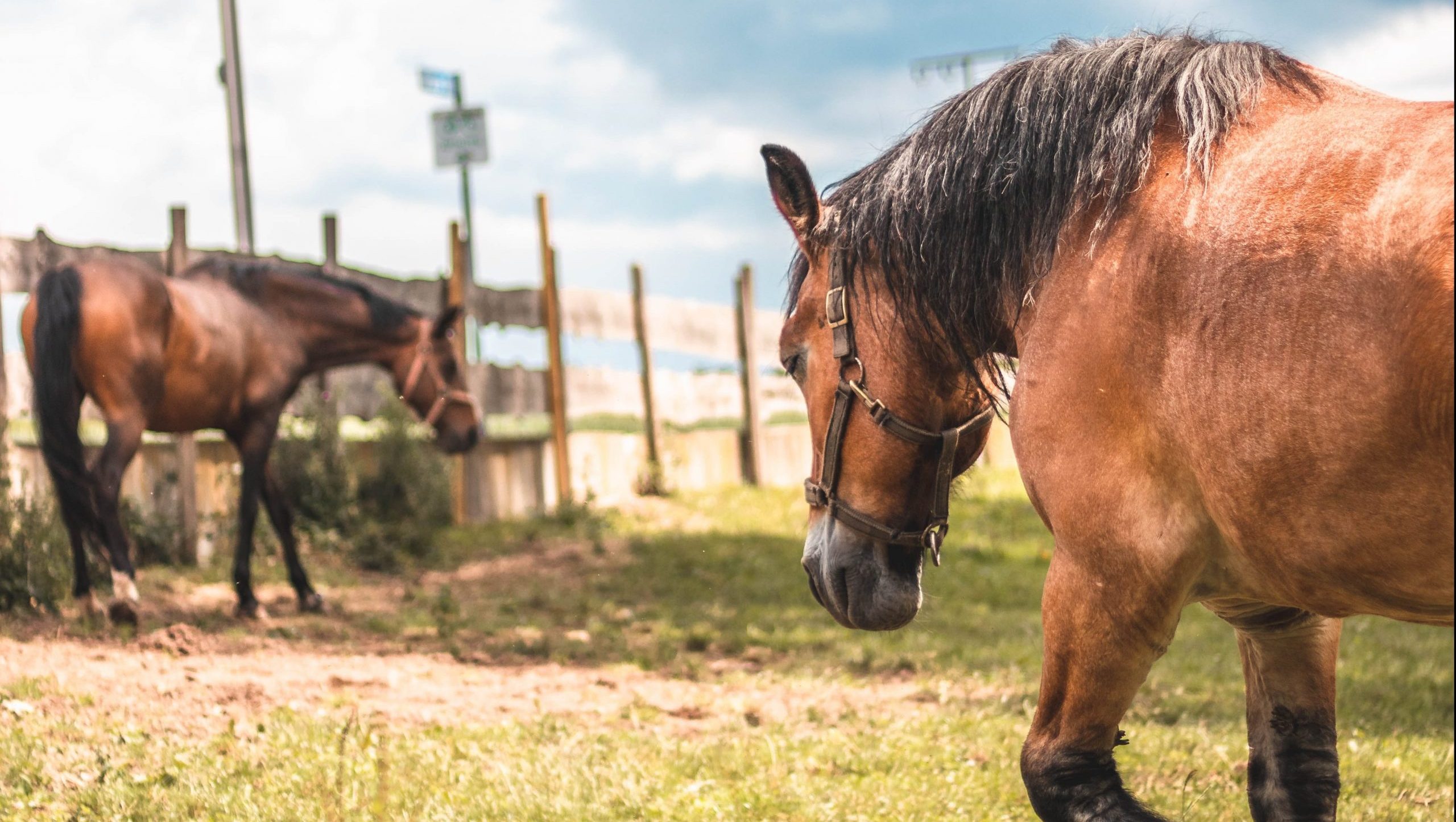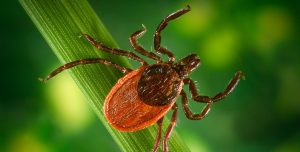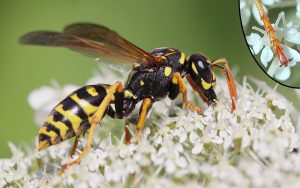White A, Berle E, Williams C, Doyle M, Smith D, Byrd B, Reiskind M and Richards S (2022). Horse owner practices and equine and human arboviral encephalitis in North Carolina. Journal of Environmental Health 84(7):20-26.
Researchers have long studied comparative medicine related to the One Health approach (Centers for Disease Control and Prevention, 2021a). An element of the One Health approach suggests that animals can serve as early-warning sentinels for infectious diseases in humans. In this study we compare cases of human and equine Eastern equine encephalitis (EEE), human West Nile neuroinvasive disease (WNND), and equine West Nile fever (WNF)/WNND reported during 2008–2018 in North Carolina. West Nile is a priority zoonotic disease in need of more investigation. We documented year-to-year variation in human and equine cases and noted a relative increase in WNND in 2016–2018. We detected a correlation between numbers of human and equine cases of EEE. We also surveyed North Carolina equine owners to assess vaccination practices, knowledge, and concern about mosquitoes and EEE and WN virus transmission. Most owners (93%) reported vaccinating their horses against these viruses. Equine owners and those who work with horses were minimally concerned about their own health risks related to mosquitoes and associated diseases. Mosquitoes were considered a nuisance during some types of farm activities. Respondents occasionally protected themselves from mosquito exposure by wearing long-sleeved shirts/pants and/or permethrin-treated clothing, self-applying repellent, and/or applying insecticides to properties via barrier treatments. There remains a clear need to effectively communicate the risks of arboviral diseases and the benefits of personal protection measures.
Photo source: Unsplash




